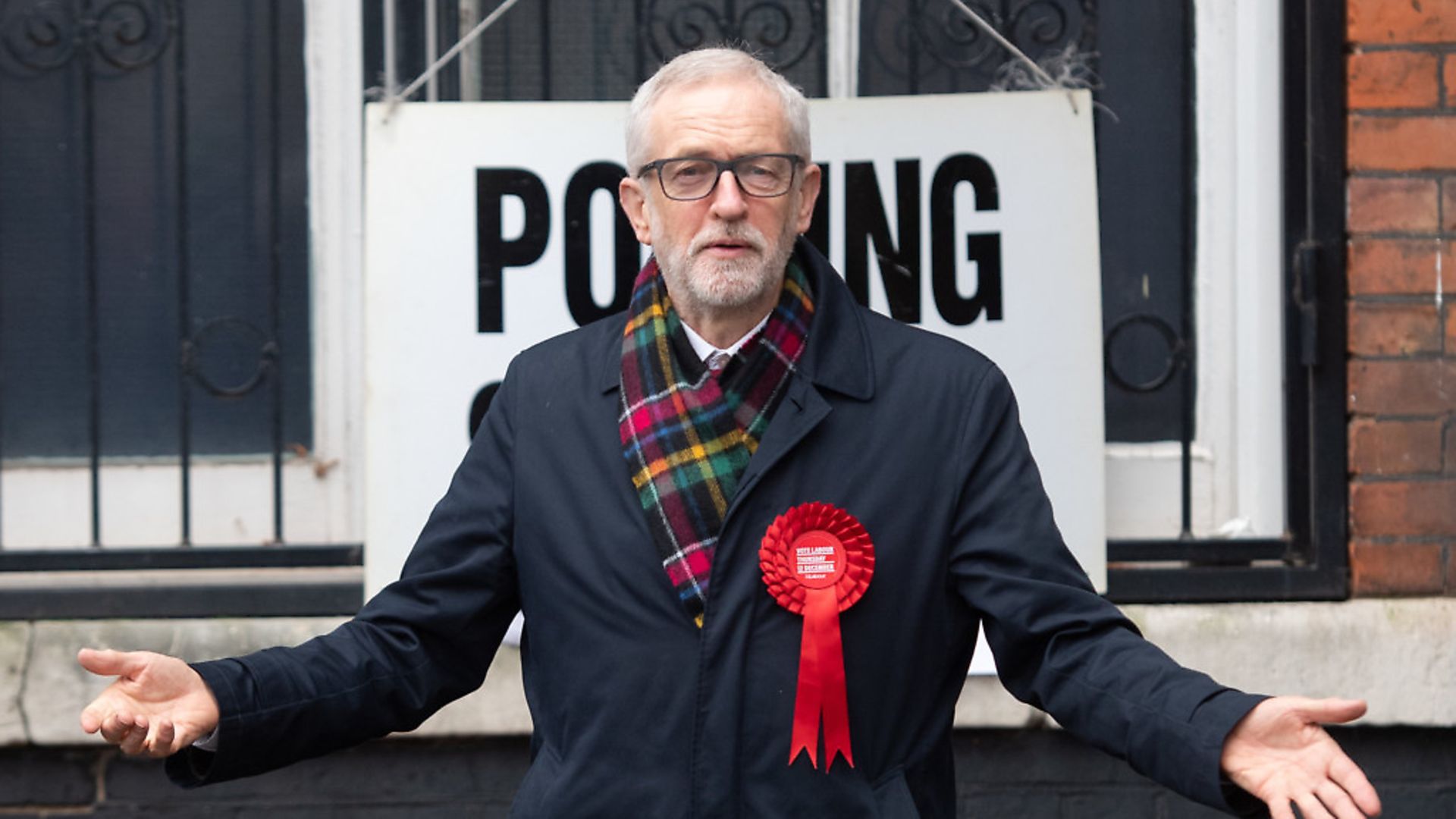
Readers discuss who or what was to blame for Labour’s defeat at the general election – and who can take the party forwards.
Part of Labour’s failure is that no one (with a few exceptions) attempted to actually explain to the Labour-voting Leave supporters the consequences to them – to their jobs, livelihoods, economy, workers rights, the NHS – of Brexit. The facts were there – still are – but instead the Corbyn/McCluskey camp ignored them.
As to where we go now, somehow, someone has got to forge unity, into a trans-political pro-Europe reformist movement that advocates the desperately needed electoral and political reform for the UK (if that continues to exist beyond the next five years), and the EU eventually. Such a coalition has to be above petty party politics, otherwise
we will have the same pointless talking shop.
Garth Groombridge
Interesting that so many of the good people of Leigh voted for the party which has increasingly ruined their lives for the past nine years.
Is this a classic case of the abused being so much under the influence of the abusers that they end up unable to do without them?
Phil Green
It is still important that the next Labour leader has a history of opposing the Iraq war and austerity, but also key is that they are not tied to the failure of Corbynism and to the corrosive influences of Len McCluskey and Momentum.
This rules out candidates from both the left and right, including people who I think would win a general election (Keir Starmer, Angela Rayner) and people who I am sure would lose catastrophically (Rebecca Long-Bailey, Emily Thornberry).
The best communicator in the party, by far, is Jess Phillips and by any sensible standards she should be the next leader. But Labour is no longer sensible and the Corbyn true believers will never stand for her.
Therefore the next leader should be Lisa Nandy.
Sally Bassett
It is very easy for Lord Adonis to hit a man when he is down (“Blame where blame is due”, (TNE #174), but he may never have learned that to do so is bad form. Perhaps he needs to ask why Jeremy Corbyn was elected leader of the Labour Party. The answer is quite simple: He was the best candidate – the rest revealed themselves as bland and pale by comparison, devoid of new ideas and with the collective charisma of the average housefly.
Tom Wilson
Sheffield
Jon Lansman’s comment “but our policies were popular”, as reported in Michael White’s column (TNE #174) reminds me of the great Tom Lehrer’s Folk Song Army:
Remember the war against Franco?
That’s the kind where each of us belongs.
Though he may have won all the battles,
We had all the good songs…
Marcia Heinemann
Many would argue that the Labour Party, or rather its leader and his clique, has facilitated Brexit, both before and after the 2016 referendum. The election campaign revealed a fatal split between its realists, those that saw Remain through a People’s Vote as the only policy to maintain an economy strong enough to enable our public services to recover from a lengthy period of Tory austerity, and those who followed a policy of rigid adherence to the result of an advisory referendum.
The post-election spat between Caroline Flint and Emily Thornberry brought this split into sharper focus. There is a great deal of irony in Flint’s situation. She tried to respect the wishes of the Leave majority in her constituency by voting for Boris Johnson’s deal and her stance received public support from some of her constituents.
Yet she lost her Don Valley seat, in contrast to several other ‘northern’ Labour MPs who toed the party line and who were re-elected. The question arises as to whether her attack on Emily Thornberry (and Keir Starmer) on Sky’s Sophy Ridge programme was motivated by the realisation that she had ‘backed the wrong horse’ or vengeful spite.
Be that as it may, as a septuagenarian Remainer, who has lost one, if not his only, raison d’etre, I shall take some vicarious pleasure in watching the Labour Party’s infighting.
Anthony West
Folkestone
From the outset the right wing of the Labour Party decided they were not going to tolerate Corbyn as leader. They tried to get him out and failed but never accepted or supported him. They have finally seen Corbyn brought down.
They may not have intended it to end with Labour in disarray, a massive Tory majority and Boris Johnson in power, but they share in the responsibility in making it happen. Perhaps they will say that as a matter of principle they had no choice but to do what they did. Given that many of them supported Tony Blair and the Iraq War that is not credible.
Regarding media bias, people like Stephen Kinnock tell us to “get over it”, just accept it as a fact of life. Many of us do not accept it, unlikely though it looks right now that right-wing dominance can be broken.
Two people played a major part in Johnson’s election victory. One is Rupert Murdoch, owner of the Times and the Sun, the other Jonathan Harmsworth, (Lord Rothermere), owner of the Daily Mail.
These two men have far too much power and it is high time measures were looked at to put an end to the influence over British politics that they have had for so long.
Brendan O’Brien
London N21
– Send your letters for publication in the next edition of The New European to letters@theneweuropean.co.uk
Warning: Illegal string offset 'link_id' in /mnt/storage/stage/www/wp-includes/bookmark.php on line 357
Notice: Trying to get property 'link_id' of non-object in /mnt/storage/stage/www/wp-includes/bookmark.php on line 37






